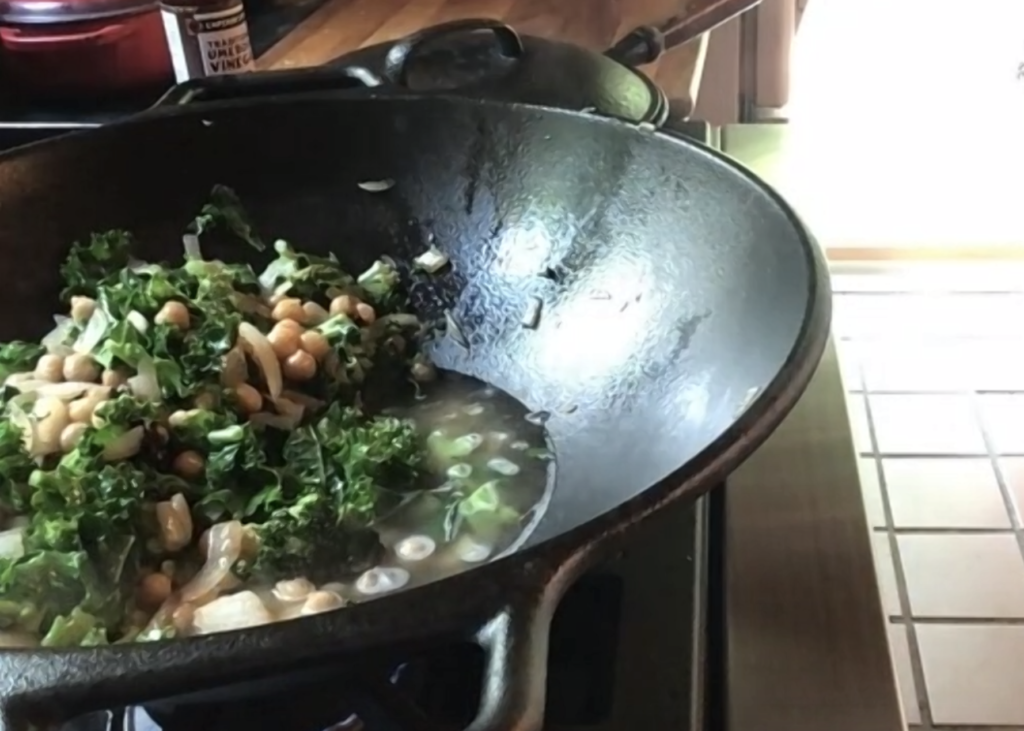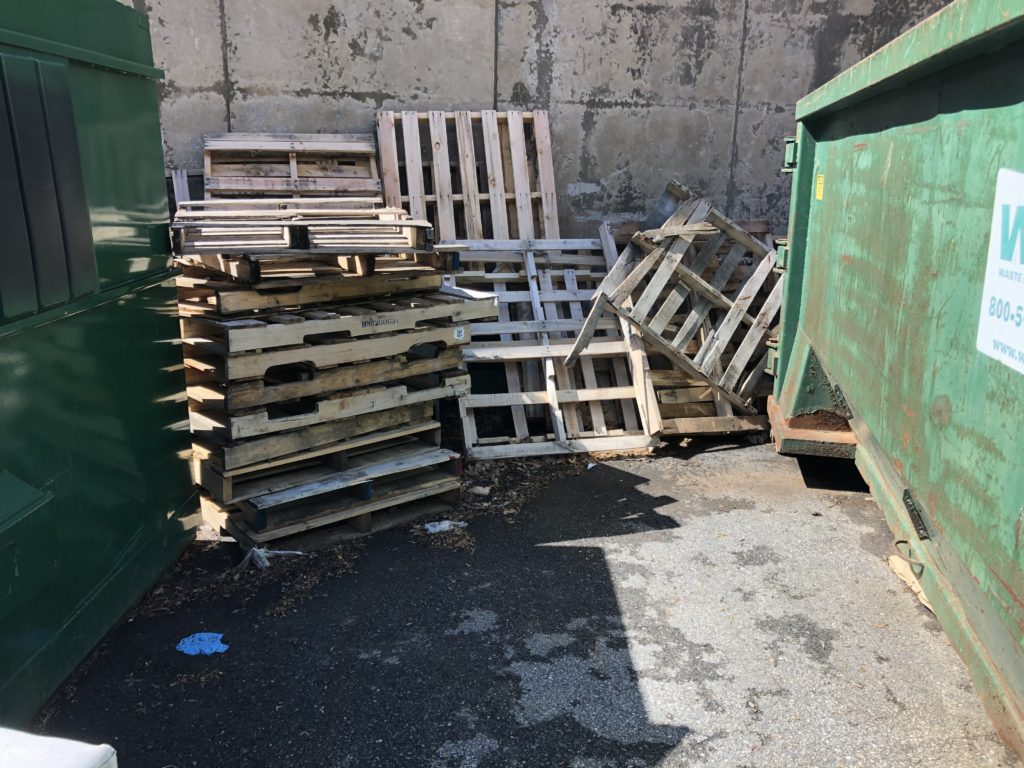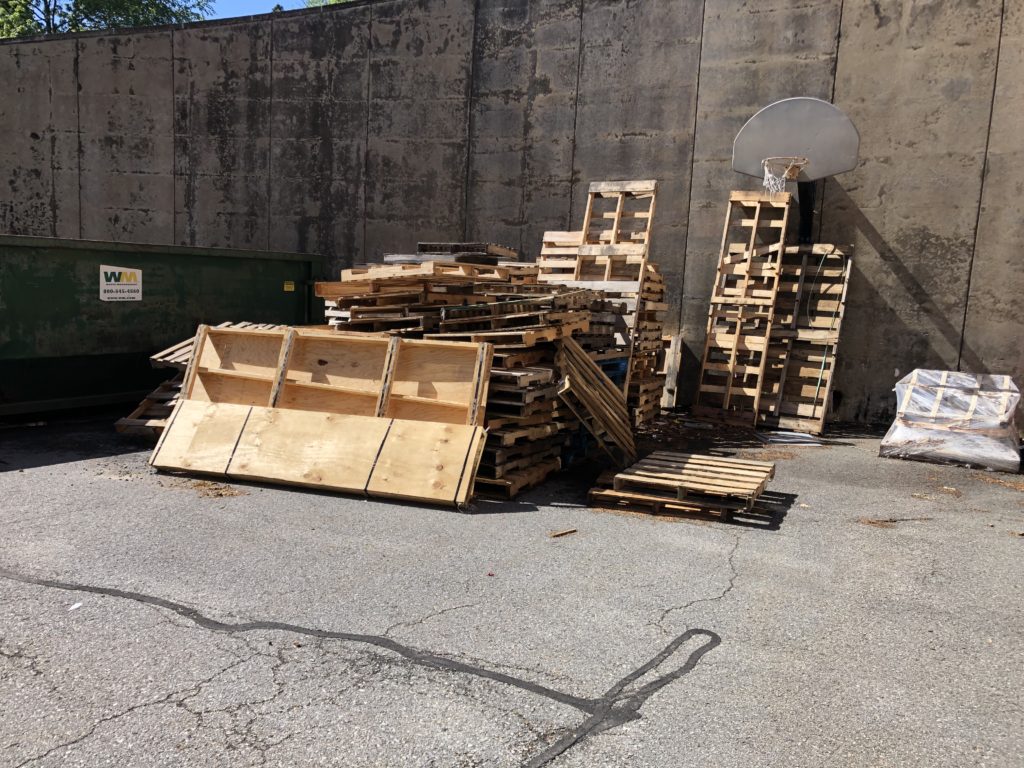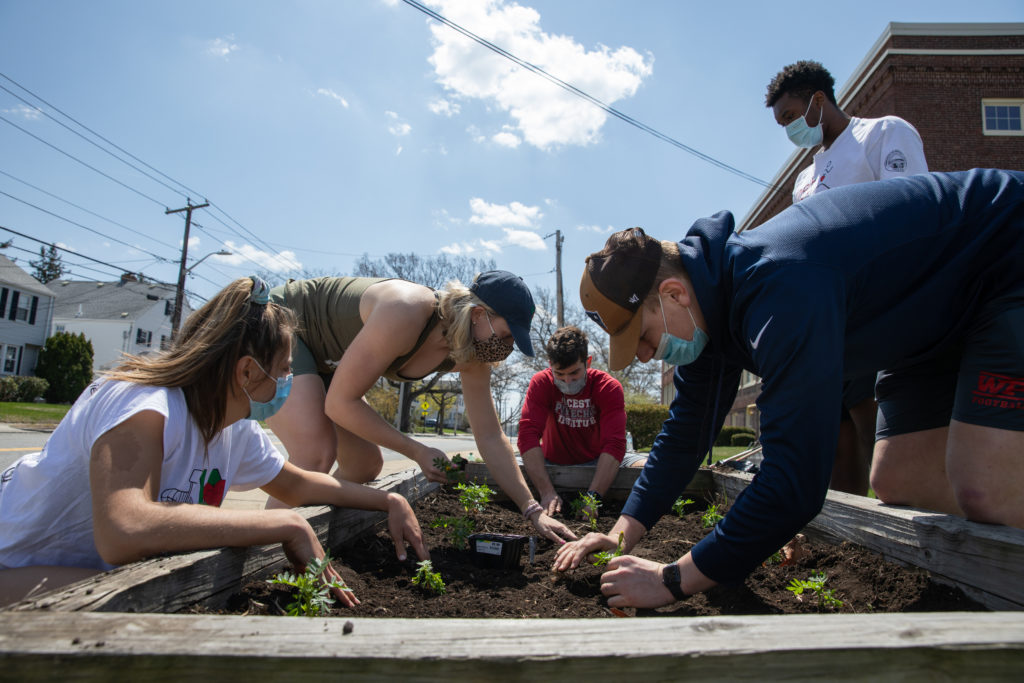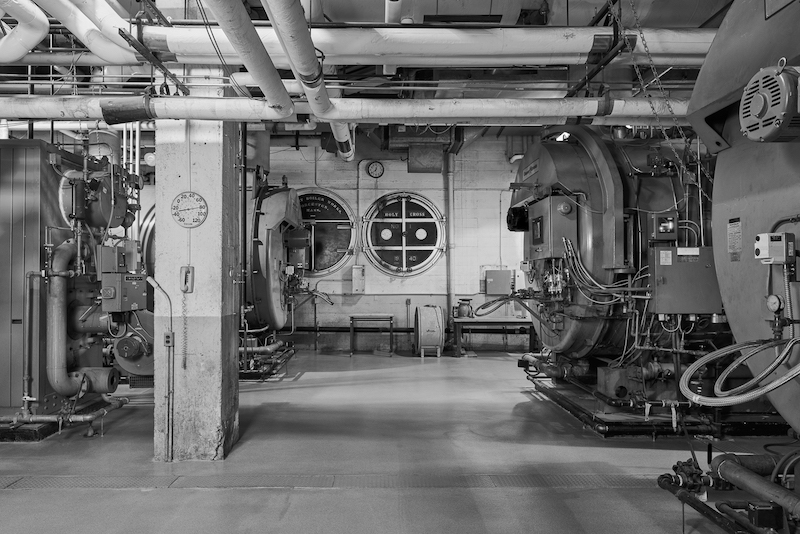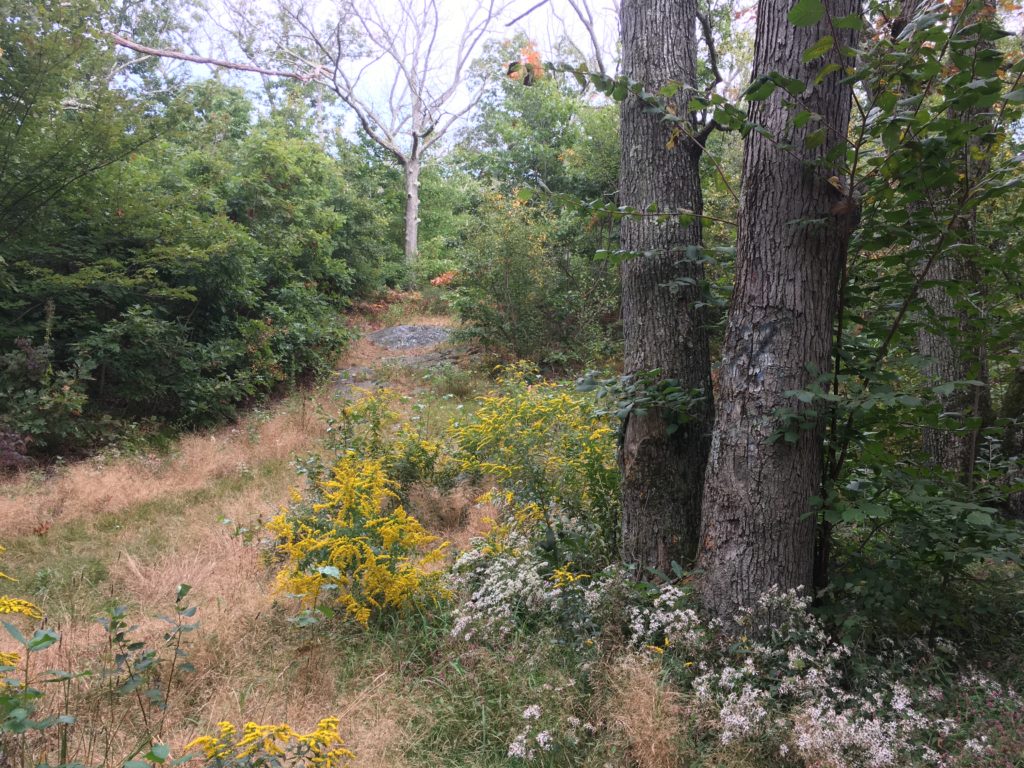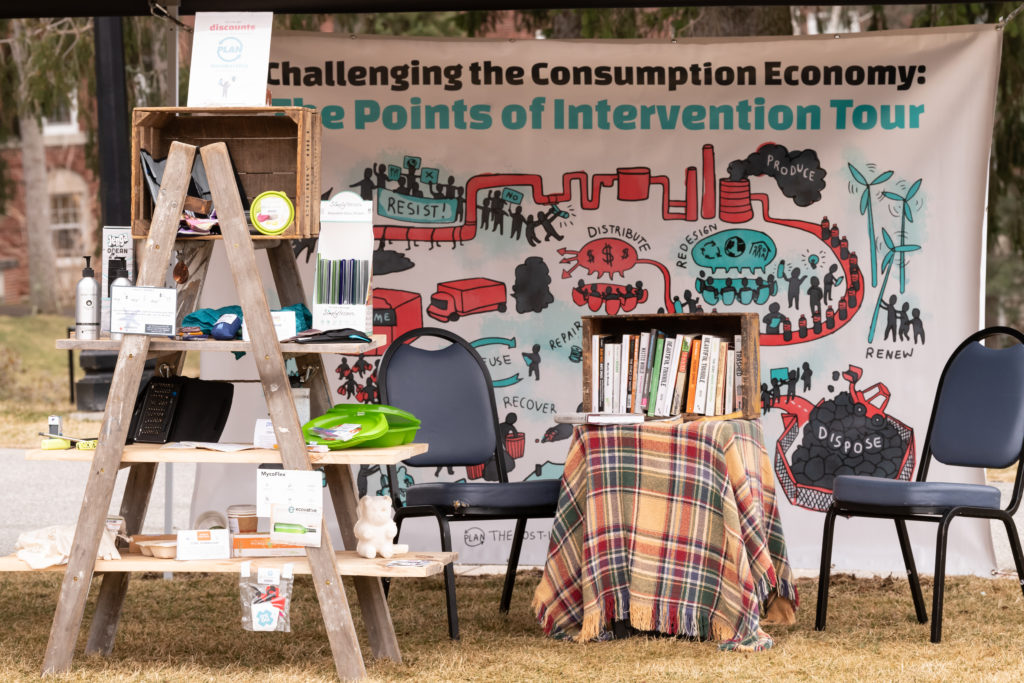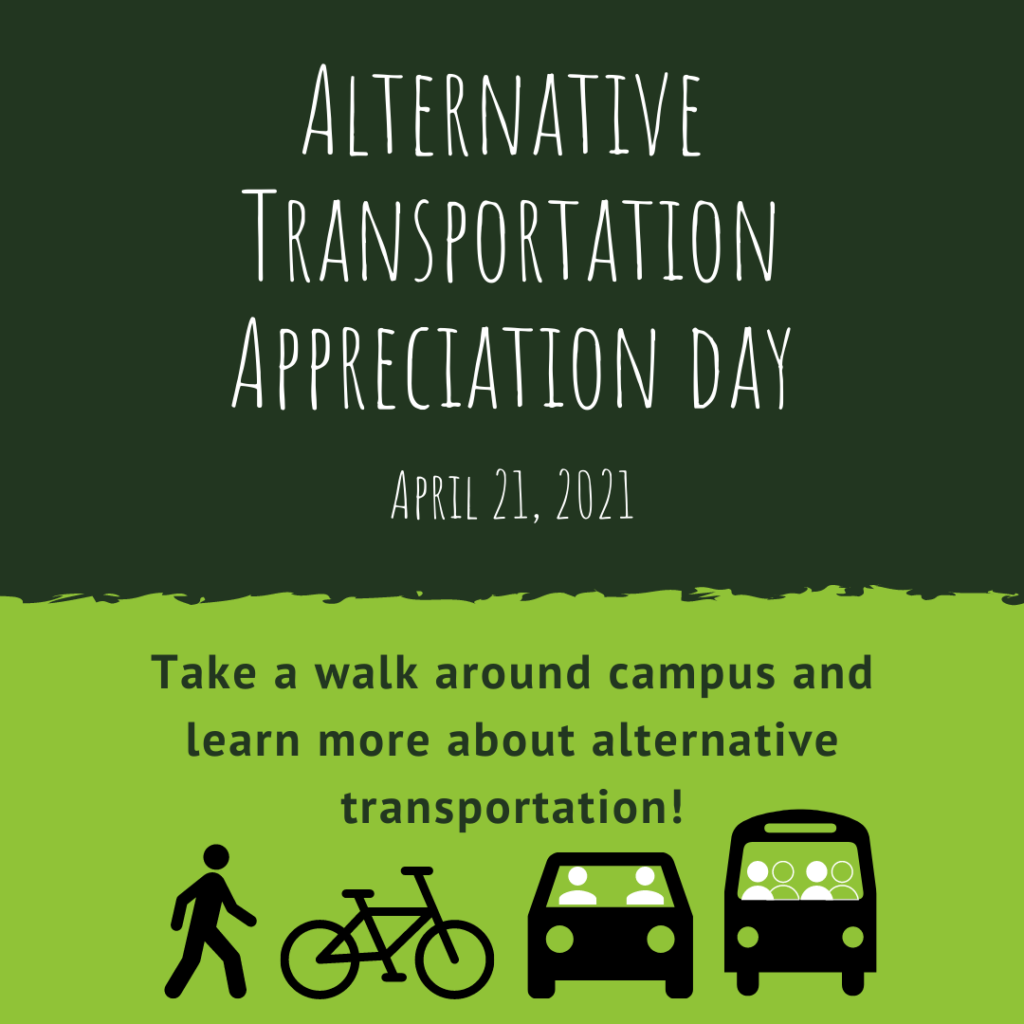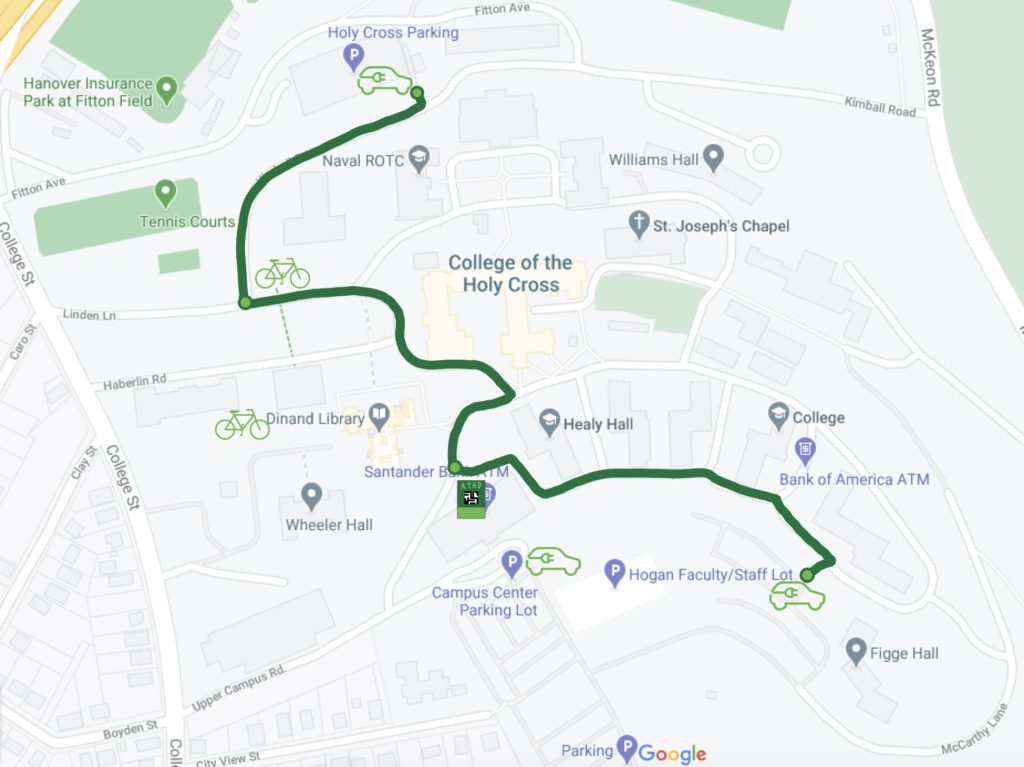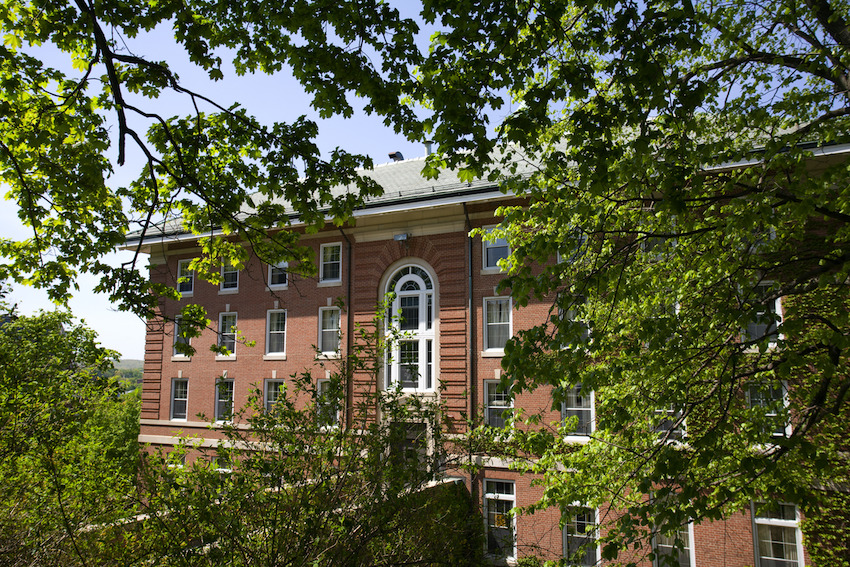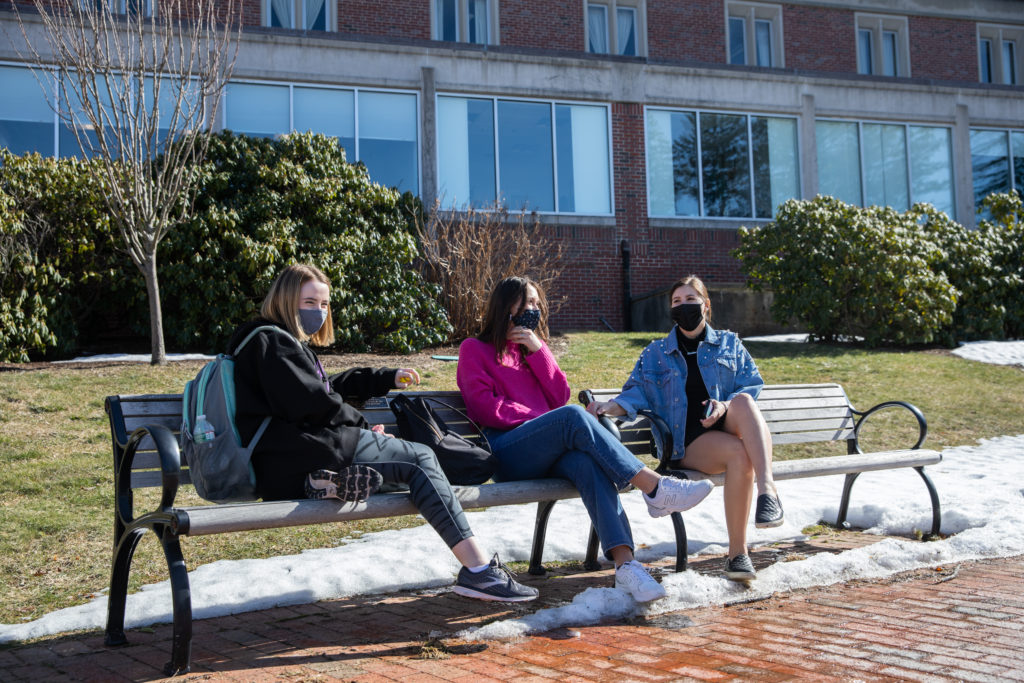
Q: How do you think your particular major prepared you for working in the sustainability field?
A degree in Theology allowed me to explore my interest in religion and literature, which ties into every aspect of life. Creating a culture of teamwork and the ability to work with people that you do not necessarily like is a lesson that carries into everything I do, including professional work. We are in church at every moment, and my education has taught me that life itself is a religion that is practiced at all moments.
Q: How can students become involved in sustainable initiatives in college and in the workplace?
Don’t be afraid to speak up, it is never too early to start networking. Once you make a few connections, the people you want to speak and work with will come to you. Networking can be as simple as emailing someone in the field or starting a conversation, don’t be intimidated to reach out.
Q: What advice would you give to a student who is interested in working in sustainability but is worried about job stability, pay, etc.?
The best job opportunities come from building relationships and networking in the field that you are interested in. At the end of the day, money isn’t what will make you happy and isn’t everything. I’ve worked in carpentry which is a blue-collar job and architecture which is a white-collar occupation, and both have brought me joy and satisfaction.
Q: If a student wanted to get involved in your field, is there an organization, association, or group they could join?
You’re only disconnected if you want to be. Get involved in Worcester or at home at local organizations and nonprofits. I also recommend doing more reading on topics that interest you, one good book recommendation for learning more about sustainability is Worldchanging by Alex Steffen.
Interview paraphrased and blog post written by Anne Kiernan ’23.


